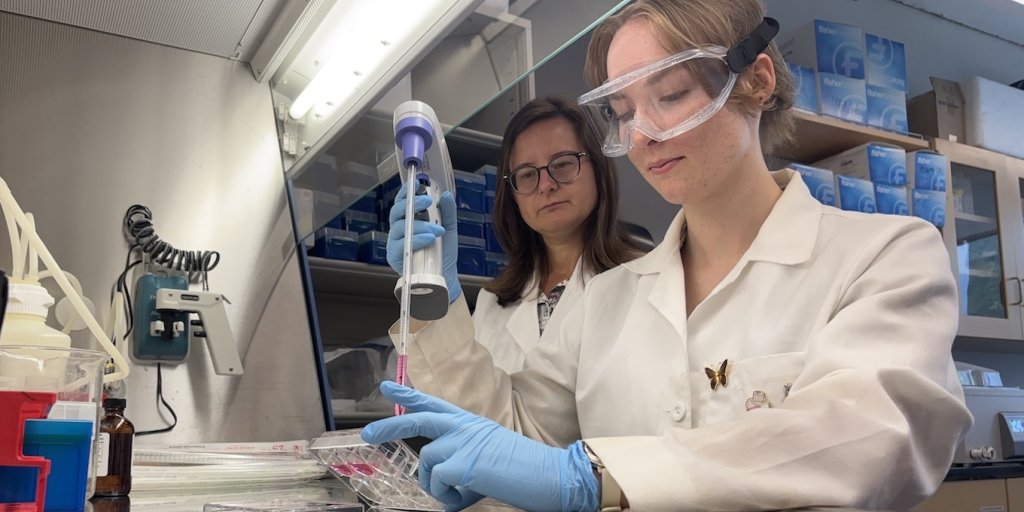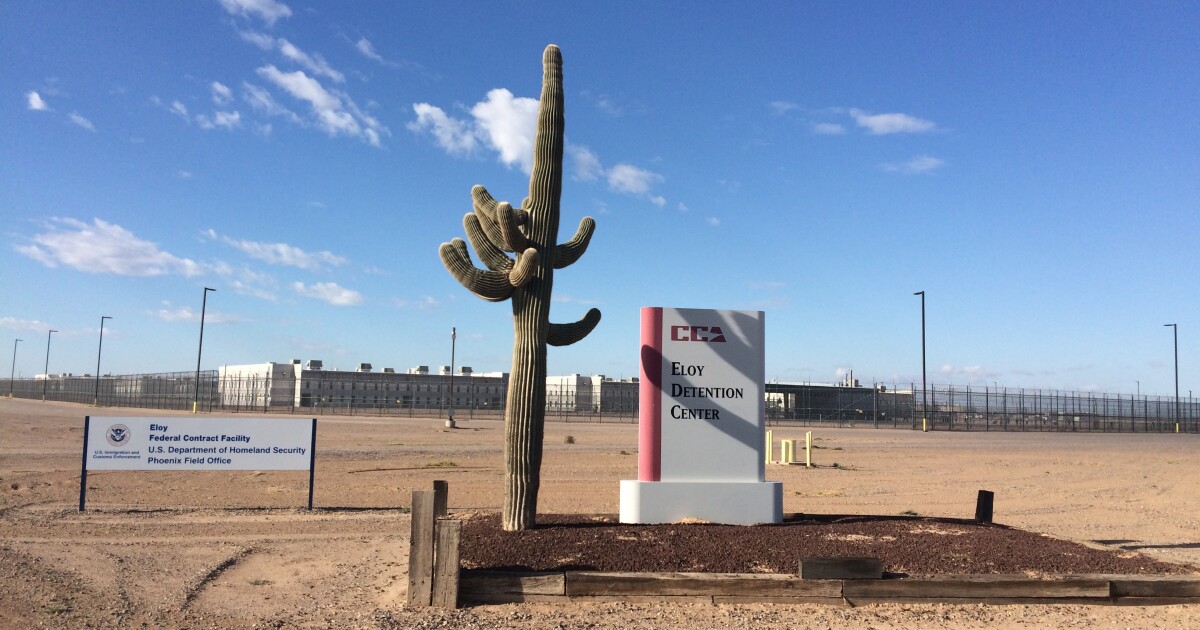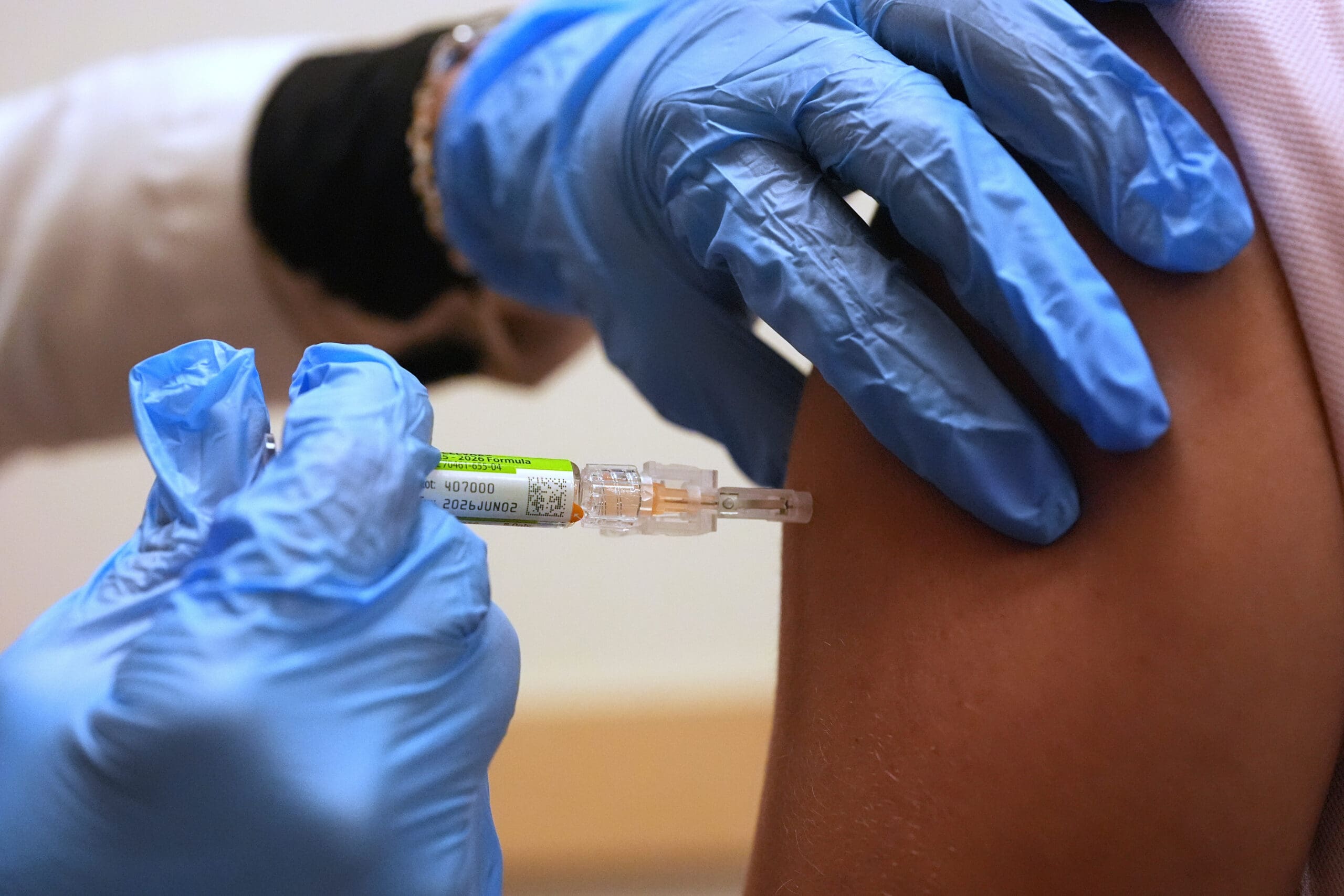Kidney cancer ranks among the top 10 most common cancers in the United States, as reported by the American Cancer Society. The incidence of kidney cancer is increasing annually. Biochemistry senior Eva Schwark is collaborating with Associate Professor Besa Xhabija to explore methods to curb renal tumor growth.
Schwark and Xhabija have been engaged in a research initiative under the Summer Experience for Undergraduate Research program. Their study titled “Investigating the Role of Natural Products in the Treatment of Renal Cancer” focuses on natural elements like Spinosyn A, a soil-based natural pesticide, for their potential to halt renal cancer cell progression. Schwark shares, “When I tell people about the work I do, many share personal stories about how cancer has touched their families or friends. They often tell me how much they appreciate the work I’m doing.”
The Summer Undergraduate Research Experience Showcase, featuring over 40 projects from UM-Dearborn’s colleges, will occur on Sept. 10 in Renick University Center’s Kochoff Hall. Schwark’s renal cancer research will be among the presentations, yet her work with Xhabija continues beyond this showcase.
Schwark has been an assistant in Xhabija’s lab for nearly two years, contributing to various research projects, including those on melanoma cells. Prior research by Xhabija’s team highlighted the deficiency of the enzyme Argininosuccinate Synthetase 1, or ASS1, in melanoma, a trend also noted in kidney cancer. Schwark’s current research seeks to connect these findings, marking a pioneering effort in examining the relationship between Spinosyn A and ASS1 in renal cancer.
“ASS1 is emerging as a tumor suppressor and researchers have learned that it is deficient in a lot of cancer types, including melanoma, breast and renal,” Schwark explains. “Spinosyn A, the natural drug we are using in the lab, binds to ASS1, which activates it and increases its efficacy in the cell, helping to restore normal metabolic flow and inhibit cancer cell growth and division.” Schwark and Xhabija are working towards publishing their findings.
Schwark is eyeing a career in medical research and is exploring graduate school opportunities. Her collaboration with Xhabija has equipped her with valuable skills, such as advanced instrumentation and bioinformatics techniques. Schwark has also gained experience in scientific writing and presentation. Xhabija notes, “Alongside technical expertise, Eva has gained the ability to think critically about her findings and connect them to broader scientific questions.”
Beyond research, Schwark participated in the Michigan Institute for Data Science’s “AI for Scientists and Engineers Summer Academy.” She was the sole undergraduate in the program, gaining advanced AI and data science training. Xhabija, also affiliated with MIDAS, emphasizes mentorship’s role in fostering technical skills and scientific reasoning. “It reflects what I value most in mentorship: helping students build technical skill, scientific reasoning and confidence while introducing them to opportunities they may not have imagined for themselves,” she states.
UM-Dearborn’s SURE program exemplifies high-impact learning, preparing students to make meaningful contributions in their careers and communities. Xhabija expresses pride in Schwark’s growth, saying, “Stories like Eva’s highlight how investment in undergraduate research yields dividends far beyond campus — inspiring future scientists and addressing critical health issues that touch every family.”
Explore more SURE projects from the College of Engineering and Computer Science and the College of Education and Health and Human Services, as well as the College of Business and the College of Arts, Sciences and Letters.
—
Read More Michigan News










